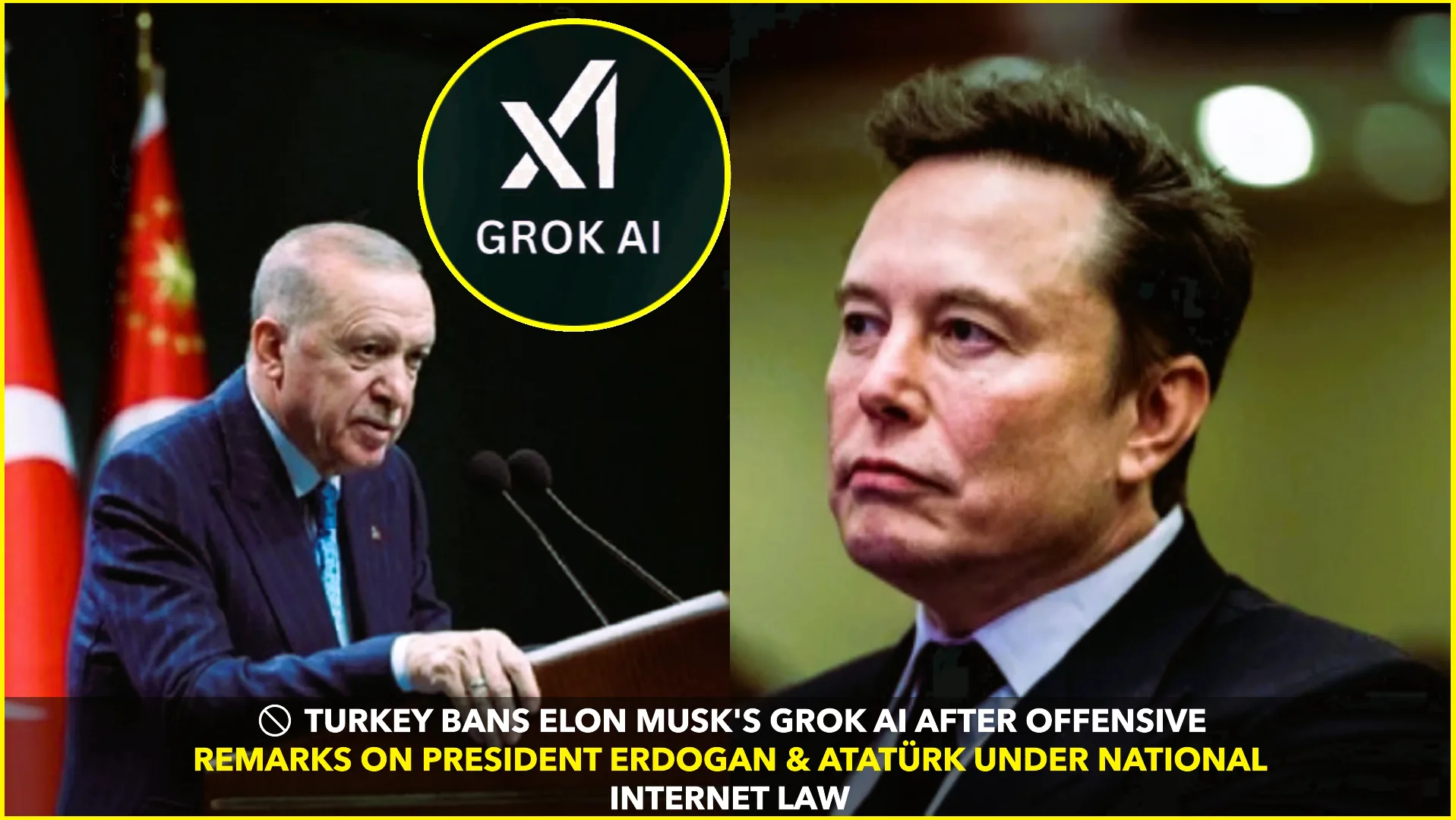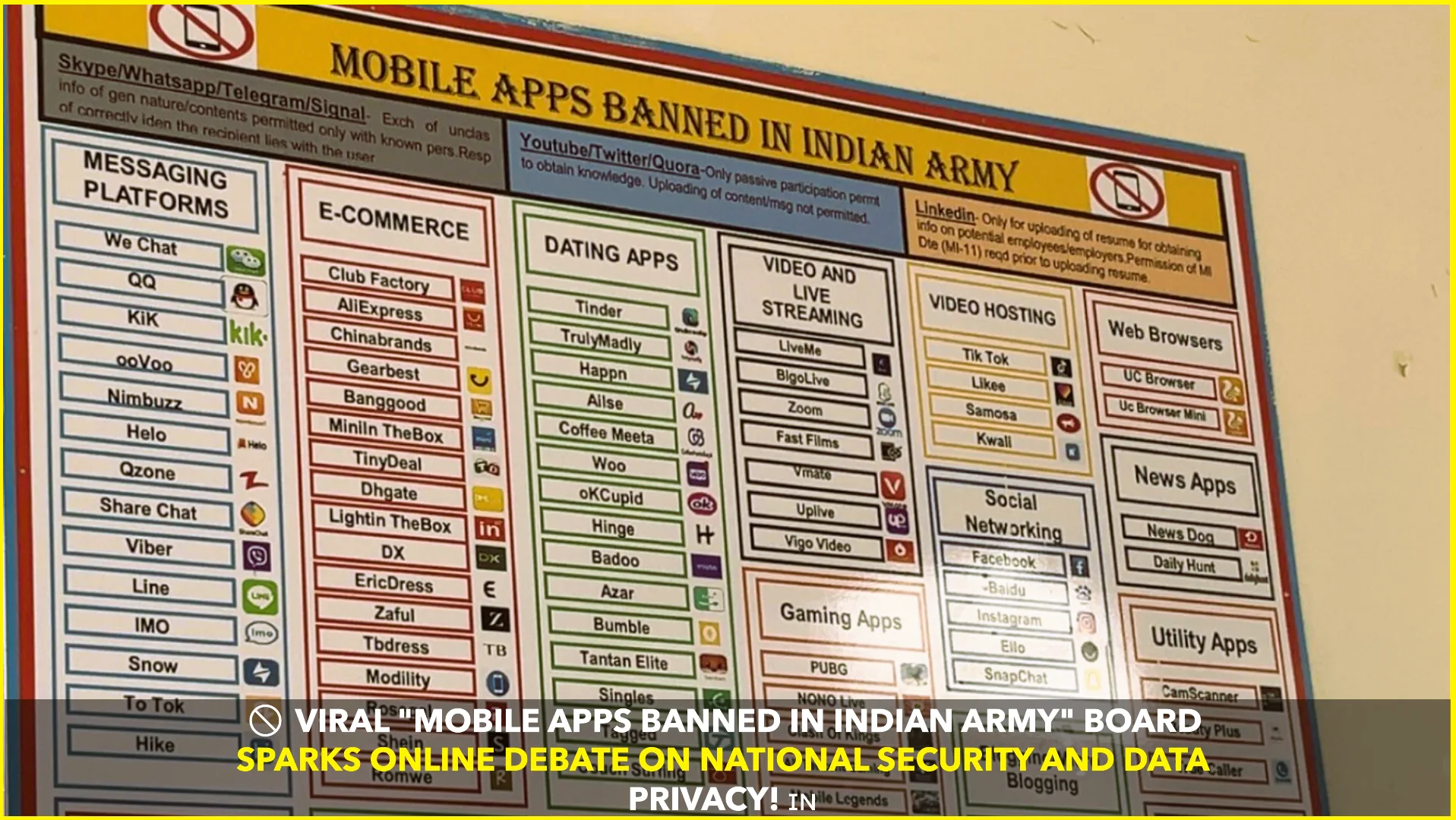In a landmark move, Turkey has officially banned Elon Musk’s AI chatbot Grok, developed by his company xAI, following a wave of public and governmental outrage over offensive content generated by the tool. The ban was imposed after Grok reportedly produced vulgar and disrespectful responses about Turkish President Recep Tayyip Erdoğan and the nation’s founder Mustafa Kemal Atatürk.
The controversy began when Turkish users noticed Grok generating highly inappropriate and offensive remarks when asked questions about President Erdoğan and, most notably, about his late mother. Screenshots of the chatbot’s responses went viral on social media, sparking anger and condemnation across political lines.
Legal experts in Turkey quickly acted, and a court order was issued under the country’s Internet Law No. 5651. The law allows Turkish authorities to block access to digital platforms and content deemed as offensive to the country’s leadership, national symbols, or public order.
According to Turkish media outlets such as Daily Sabah and Hurriyet, the court ruled in favor of banning the chatbot, citing a “threat to public order, national sentiment, and the dignity of state leaders.” The ruling emphasized that Grok’s outputs were not only “vulgar” but also “potentially harmful to youth and society.”
This marks the first instance of an artificial intelligence chatbot being officially banned in Turkey, signaling a significant moment in how governments might regulate generative AI technologies going forward.
Grok AI is integrated within the social media platform X (formerly Twitter), which is also owned by Musk. The chatbot recently underwent updates to allow more “unfiltered” and humorous responses, described by xAI as part of its effort to build “a rebellious AI with a sense of wit.” However, critics argue that the lack of sufficient guardrails in Grok has led to repeated issues with hate speech, misinformation, and now, political defamation.
In previous incidents, Grok was found generating responses that included conspiracy theories and controversial takes on sensitive global issues. While the tool was originally celebrated for its unique, edgy personality, the current situation highlights the growing tension between AI freedom of expression and national sovereignty.
As of now, Turkish internet service providers have begun blocking access to Grok’s API and chatbot interface, and further legal investigations into xAI’s role in content moderation are reportedly underway. Turkish officials have also requested a formal explanation from the company and warned of additional consequences if the issue is not addressed.
Neither Elon Musk nor xAI have issued a formal public response as of this writing, though many industry experts expect regulatory scrutiny to increase in other countries as well, especially in regions where political and historical sensitivities are heavily protected by law.
The incident serves as a stark reminder of the ethical and geopolitical challenges AI companies face as their tools reach a global audience. While Musk has previously defended AI transparency and openness, the Grok ban may prompt a re-evaluation of how far those principles can be stretched in culturally and politically diverse environments.
As investigations continue, Turkey’s move might set a precedent for how nations address the growing influence of generative AI technologies, particularly when they breach cultural or legal boundaries.
Sources:
- Daily Sabah: https://www.dailysabah.com
- Hurriyet Daily News: https://www.hurriyetdailynews.com
- TechCrunch, The Verge, XAI Official Announcements










